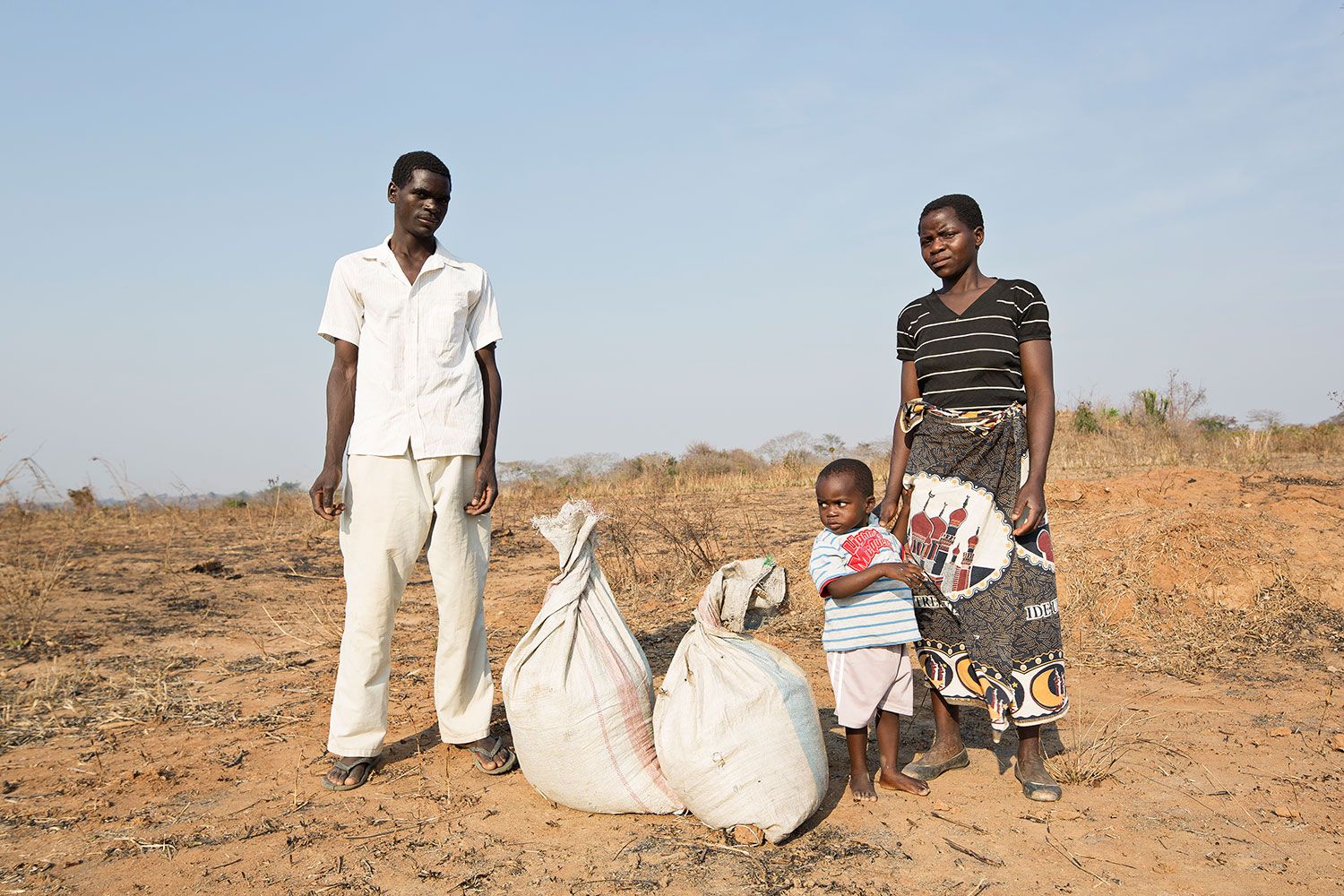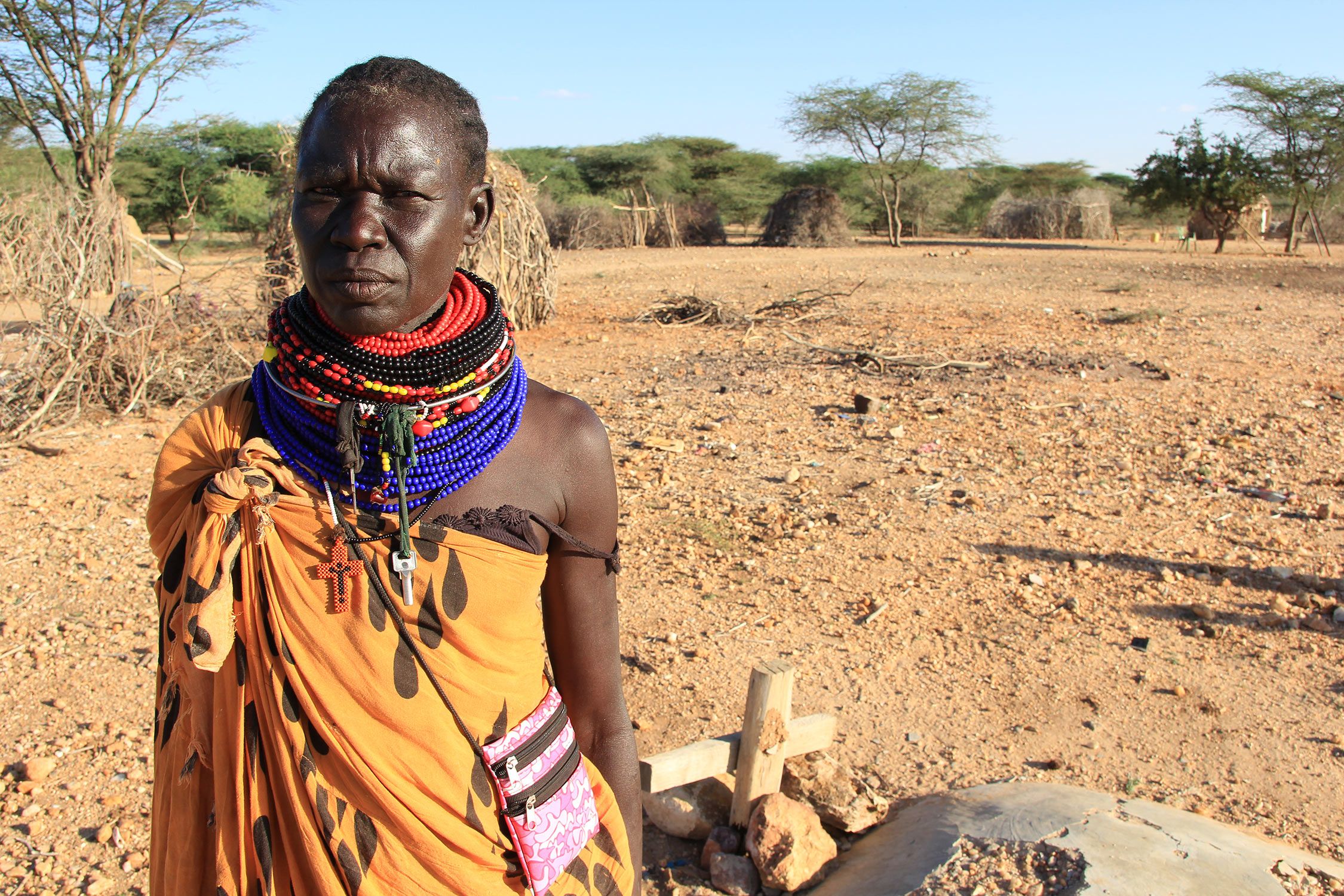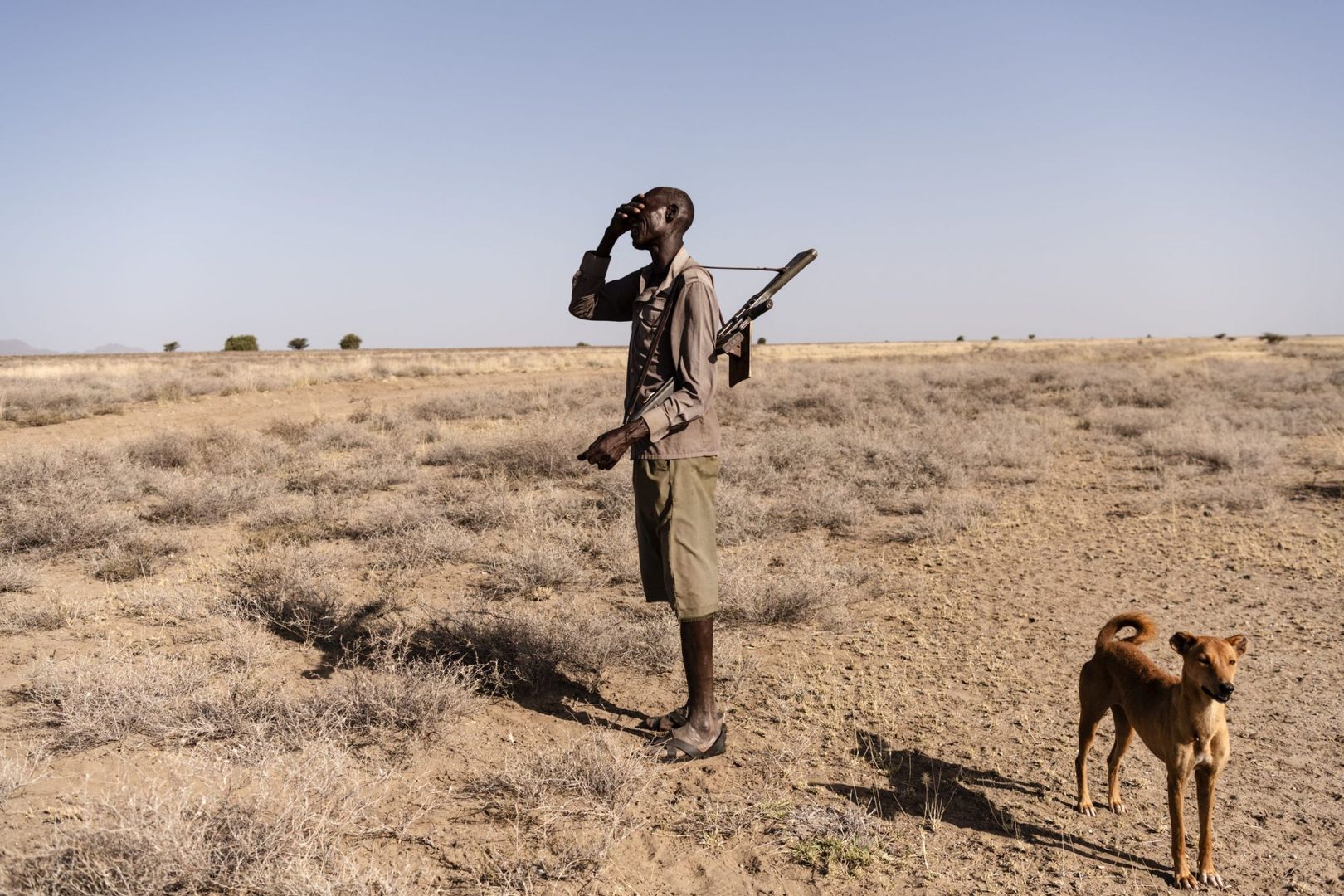The whole world is currently experiencing record high food prices because of Russia’s invasion of Ukraine. This is due, among other things, to Western sanctions, which mean that crops are not exported from Russia and a standstill in the agricultural fields in Ukraine.
Both Russia and Ukraine are primary exporters of basic food commodities – particularly grain and oil – to many of the world’s poorest countries. That is why these countries are among the most affected countries when these food commodities cannot be imported or when the price of food increases to the levels we see today.
Several of DanChurchAid’s project countries are already experiencing hunger crises, climate crises and political unrest. For some countries, the global food crisis will be the straw that breaks the camel’s back.
“In many of the countries where we work, the population experiences several crises at once. For example, in Ethiopia, where a civil war has already increased the general cost of living by 40 percent. And now food prices are being pushed up further because of the war in Ukraine,” says Mette Lund Sørensen, senior advisor at DanChurchAid.

War turns into famine
Price increases in the global food market severely affect people living in cramped conditions. They are spending a large portion of their income on food, and therefore when prices rise, they can afford less food. Ultimately, it can mean the difference between life and death.
“The world’s poorest people spend over 50 percent of their income on food. Therefore, they are hit particularly hard by even a small increase in food prices, and this may mean that they cannot provide themselves or their children with sufficient food, but will starve,” says Mette Lund Sørensen.
About 880 million people suffer from malnutrition, and with the war in Ukraine, it is expected that the figure will increase. This creates both a concern about a worsening hunger crisis, but also a concern about the negative consequences that hunger often entails.
“The war in Ukraine is exacerbating the hunger crisis among the world’s poorest people. Hunger makes people desperate, and many children will die of starvation, just as an increasing number of young girls will get married off or go into prostitution. The impoverished families might not have any other options,” says Birgitte Qvist-Sørensen, Secretary General of DanChurchAid.
There is also a risk that food shortages could trigger political unrest and violent uprisings. So it’s not just a matter of populations being hit by hunger. It can also have long-lasting consequences for political stability, Mette Lund Sørensen explains.

Import dependence makes countries vulnerable
Many poor countries are deeply dependent on being able to import food from other countries, and this can be a problem.
Mette Lund Sørensen explains that the problem is partly due to the way agriculture is cultivated today. The development of agriculture over the past several years means that some countries today grow one crop on a large scale.
“The war in Ukraine shows some of the weaknesses of a food system that relies on the production and transportation of basic food from other countries. This dependence makes the population very vulnerable, and it affects self-determination and control over the food supply,” says Mette Lund Sørensen.
It is in particular the production of wheat and sunflower oil, which both Russia and Ukraine produce and export large quantities of. Together, the two countries produce about 1/3 of the world’s wheat and more than 50 percent of the world’s sunflower oil – two very essential food products.
Several of DanChurchAid’s programme countries receive up to 80 percent of their wheat from Russia, while Ukraine is the second largest exporter of wheat to the African continent. Since the war broke out in Ukraine, global wheat prices have risen by 19 percent.
“Part of the solution to this is to prioritise local food production, sustainable use of natural resources and thus strengthening the local economy,” says Mette Lund Sørensen.
The poorest are paying the price
The war in Ukraine is complicating the work for humanitarian relief organizations in many ways. The global price increases also affect the humanitarian market – the money simply does not reach as far as before.
The war challenges the work of humanitarian organizations abroad, too. For example, the Danish government is planning to cut development aid to finance the Ukrainian refugees coming to Denmark. This results in money being taken from those left most vulnerable.
“Denmark welcomes Ukrainian refugees, but it is non-solidarity to finance the reception of the distressed Ukrainians by cutting aid to the world’s poorest people in the most fragile countries. This approach will worsen the ongoing hunger crisis,” says Birgitte Qvist-Sørensen, Secretary General of DanChurchAid.
DanChurchAid is following the situation closely and is ready to help where the hunger crisis is intensifying due to the worldwide food crisis right now.

